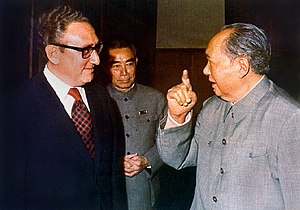A colleague of mine, Fr. Robert Hendrickson, writes in his blog, The Curate’s Desk, about the recent phenomena of “Ashes-to-Go” that seems to have caught on in our Church. I think he is correct in asserting that this type of quick and temporary experience does not actually allow people to experience the power behind the form, or the act of having ashes placed on one’s forehead. The power comes from the fullness of the RIte, from the intentional, persistent, and slow working within us by the Holy Spirit as we give ourselves to the effort. Without such intention and effort, having ashes placed on one’s forehead can be simply an activity, like putting on blush, although for a presumably understood (but not likely so) different purpose. Here are a few paragraphs from his blog… a full read is well worth it!
“I worry that we are sharing only the mark of our separation from God
rather than our conviction that God dwells ever with us and that this
very dust that we are may be hallowed, sanctified, blessed, and even
assumed. This reconciliation of ourselves to God brings with it the
welcome to live in the fullness of the Christian life. We are given the
hope that “being reconciled with one another,” we may “come to the
banquet of that most heavenly Food” and receive all of the benefits of
Christ’s Passion and Resurrection. Ash Wednesday is not about our sins
alone but about our life in and with the Triune God who calls us into
true life – a life free of the mark of death.“This simply cannot be communicated in a drive-by encounter. The sign
of death is decisively stripped away in the Sacrament – it is that
encounter with the Christ made known in the Body at the Altar and in the
Church that is the point of Lent as we are brought into Communion and
community.“My worry about Ashes-to-Go is that it reinforces the privatized
spirituality that plagues much of the Church. “I” do not get ashes. “We”
get ashes so that we may know ourselves, as a Body, to be marked for a
moment but saved, together, forever…“On the plus side, I think it is absolutely vital for the Church to
find ways to engage the changing world. This may be one such way – yet I
cannot quite get comfortable with it. I am increasingly leery of the
Church’s desire to find ways to make the work of the Christian life
easier or faster – especially as it pertains to this most sombre and
needful of seasons.“My hope though is that Ashes-to-Go really can become an entry point
and that those who receive these ashes will be drawn to the Church in a
fuller and deeper way. Perhaps this brief encounter can catalyze some
movement of the Spirit that calls the recipients to newness of life. I
look forward to talking with my friends about their experience of the
day and pray that their efforts have shared something of the fullness of
the Christian life.”








